Israeli president calls hostage deal "painful" but backs Netanyahu's decision
From CNN’s Jeremy Diamond and Tamar Michaelis
Israeli President Isaac Herzog called the hostage deal struck with Hamas “painful and difficult,” in the first public comments by an Israeli leader since the agreement was announced early Wednesday.
“The difficulties are understandable,” he said in a translated post on X (formerly Twitter), but added he backed Netanyahu’s decision.
“This is a moral and ethical obligation that correctly expresses the Jewish and Israeli value of redeeming captives and I hope that it will be a significant first step to return all the abductees home,” he wrote.
Meanwhile, a senior Israeli official told CNN the hostage release deal would be implemented after a 24-hour window to lodge an appeal with the Supreme Court has elapsed.
CNN reported earlier that it would be 24 hours before the start time of the truce would be announced.
The deal: The agreement would see the release of at least 50 hostages in Gaza — women and children — in exchange for a four-day pause in Israel's air and ground assault on the enclave, according to the Israeli government.
It will also include the entry of aid and fuel, and the release of 150 Palestinian prisoners — women and children — held in Israeli jails, according to a Hamas statement.
Qatar urges international community to seize the "brief window of opportunity" for diplomacy
From CNN's Becky Anderson in Doha
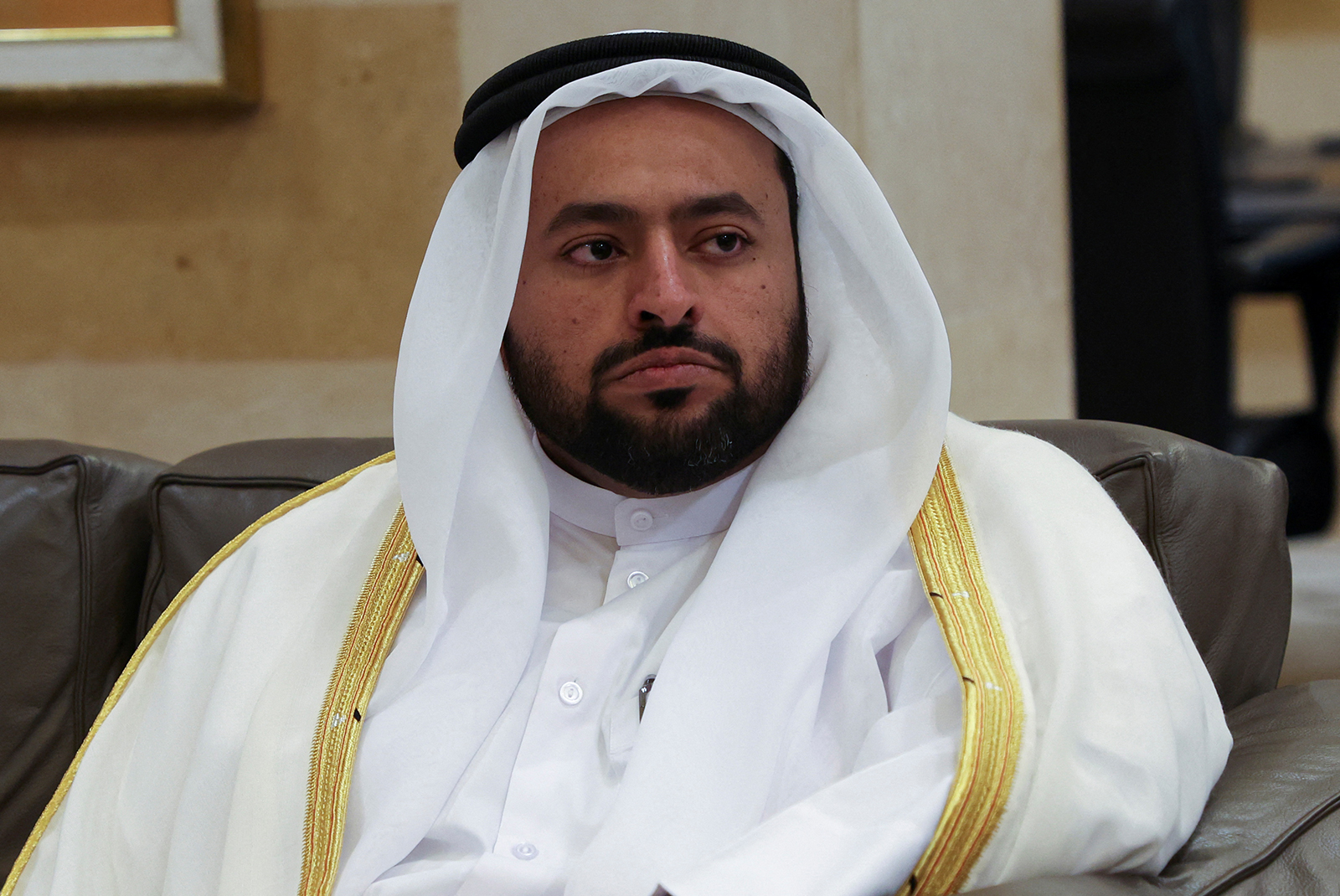
Qatar's lead negotiator said the hostage release agreement he helped broker between Israel and Hamas should prompt the international community to “seize this brief window of opportunity to generate further momentum for the diplomatic track.”
Such a move was only way to solve the conflict, both in the short term and the long term, said Mohammed Al-Khulaifi, Minister of State at Qatar’s Ministry of Foreign Affairs, in a statement.
“Qatar’s priority now is to ensure that the terms of the agreement are respected while redoubling our efforts to secure a long-term ceasefire, end the war, and work towards lasting peace through a comprehensive political process,” the statement concluded.
The deal: The agreement was reached after weeks of negotiations between Israel, Hamas and the United States, mediated by Qatar.
The deal would see the release of at least 50 hostages in Gaza — women and children — in exchange for a four-day pause in Israel's air and ground assault on the enclave, according to the Israeli government.
It will also include the entry of aid and fuel, and the release of 150 Palestinian prisoners — women and children — held in Israeli jails, according to a Hamas statement.
Hamas pulled down its earlier statement, with a diplomatic source close to the talks telling CNN it was because the arrangement had been that Qatar would be first to announce the successful mediation.
“Today’s deal should bring home additional American hostages," Biden says
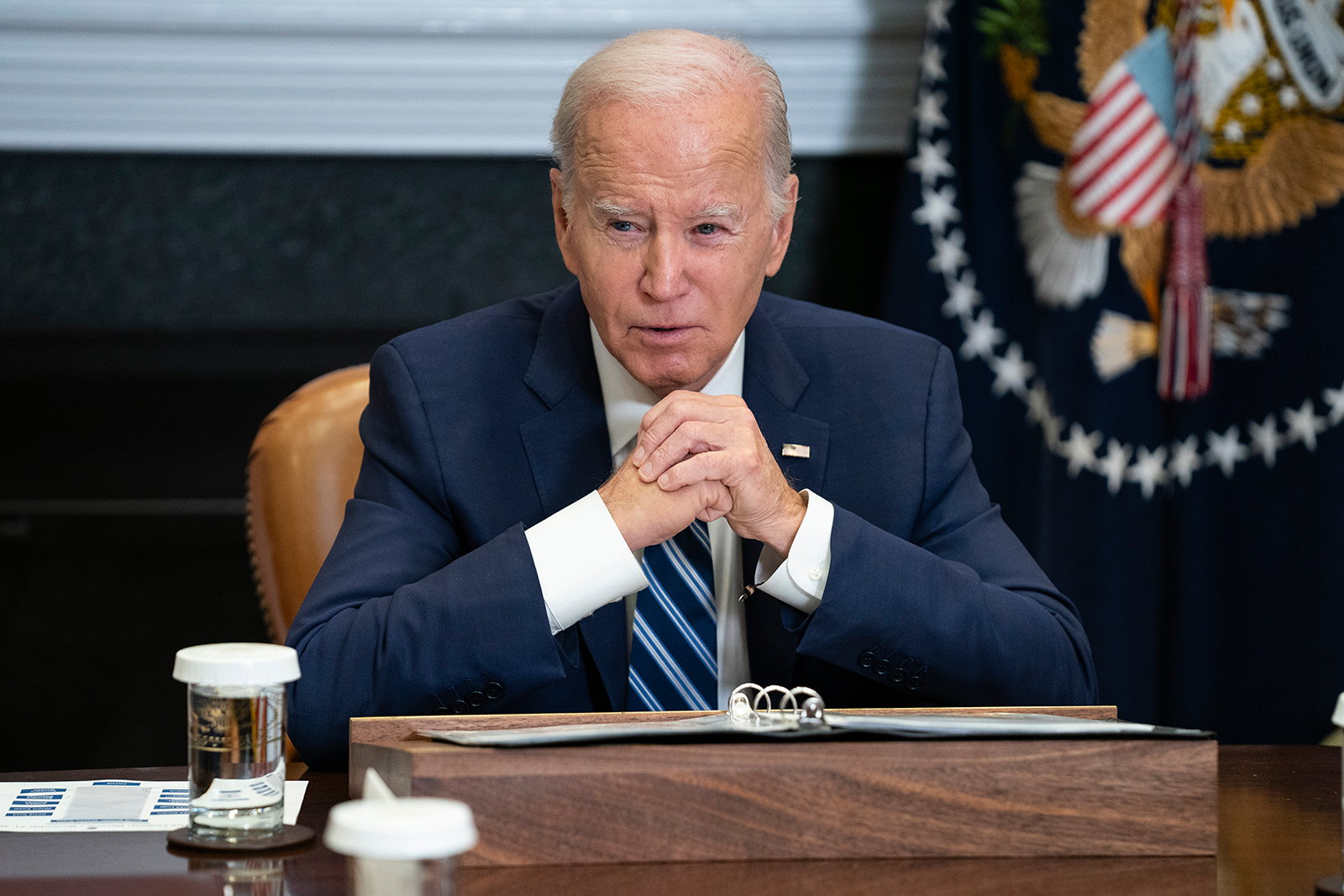
US President Joe Biden issued a statement Tuesday night, after Israel, Hamas and Qatar announced an agreement that would see the release of some hostages held in Gaza.
“I welcome the deal to secure the release of hostages taken by the terrorist group Hamas during its brutal assault against Israel on October 7th," Biden said in the statement.
“Jill and I have been keeping all those held hostage and their loved ones close to our hearts these many weeks, and I am extraordinarily gratified that some of these brave souls, who have endured weeks of captivity and an unspeakable ordeal, will be reunited with their families once this deal is fully implemented.
“Today’s deal should bring home additional American hostages, and I will not stop until they are all released," Biden's statement read.
Israeli military working out details for pause in fighting, spokesperson says
From CNN's Mitchell McCluskey
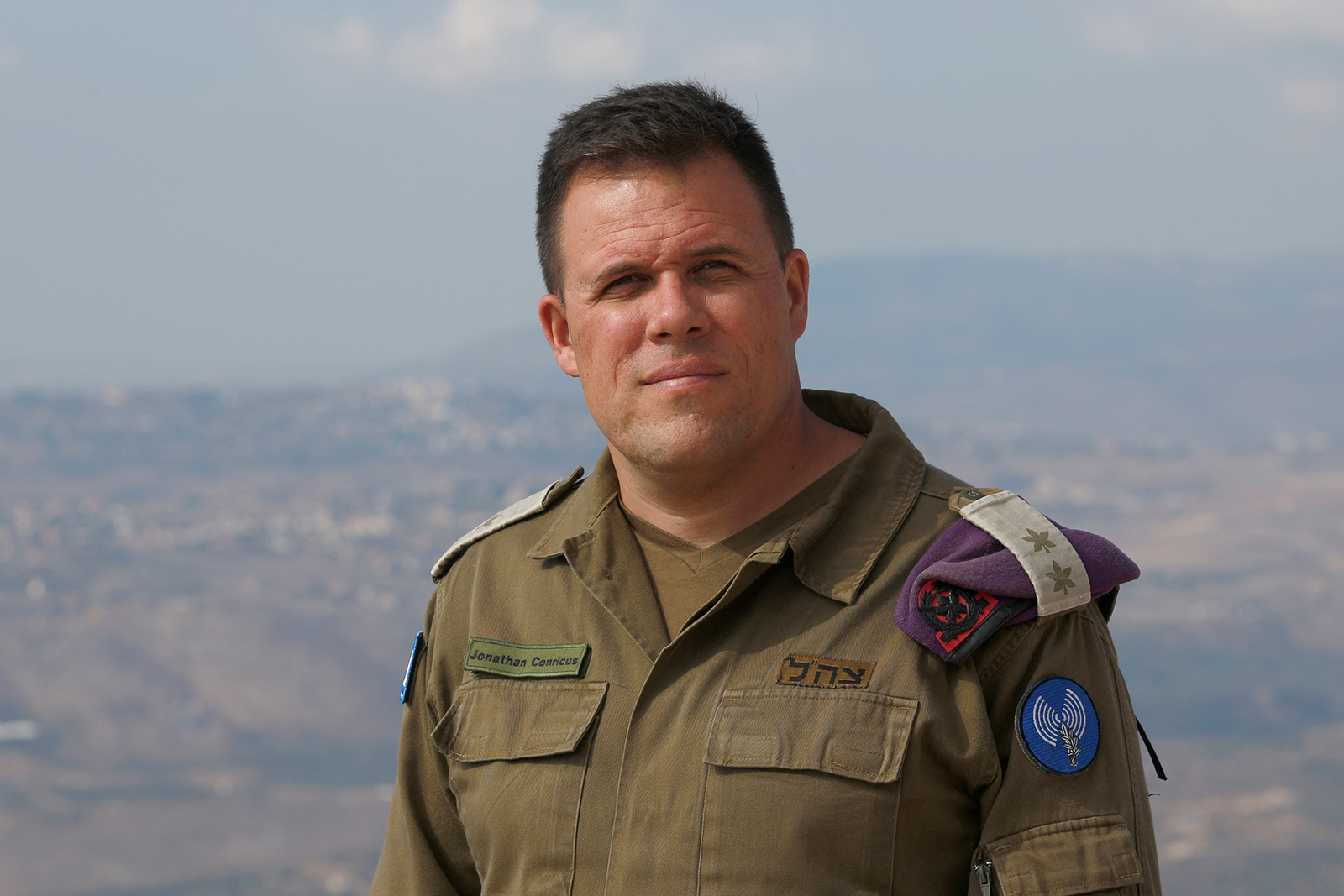
The Israeli military is still working out details for the pause in fighting included in the hostage release deal, Israel Defense Forces (IDF) spokesperson Lt. Col. Jonathan Conricus told CNN's Pamela Brown.
Conricus said the exact timing of the pause remains to be determined.
"Until we are told to do so by the Israeli government, we will continue fighting Hamas and when such a deal will come into effect, we will respect that. But we will be very vigilant on the ground," Conricus said.
Conricus said he fears Hamas will use the pause in fighting to resupply and regroup.
"Of course we would rather continue to apply pressure on Hamas," he said, "But this pause is for a very important cause."
"I can assure that we will be respectful of any agreement, that we will honor the commitments made by the Israeli government," he added.
What the deal entails: The agreement would see the release of at least 50 hostages in Gaza — women and children — in exchange for a four-day pause in Israel's air and ground assault on the enclave, according to the Israeli government.
While the exact names of the hostages to be released has yet to be publicized, Conricus said they are all Israelis, though some have dual nationalities.
The deal will also include the release of 150 Palestinian prisoners — women and children — held in Israeli jails, according to a Hamas statement. It would also allow the entry of hundreds of trucks carrying aid relief, medical supplies and fuel to Gaza.
Conricus said the details of how the exchange will play out are also still being worked out.
Qatar releases statement on hostage deal and "humanitarian pause"
From CNN's Becky Anderson in Doha
Qatar, which played a key mediation role in negotiations between Israel and Hamas, has issued its own statement announcing what it called “an agreement for a humanitarian pause.”
In line with earlier announcements from both Hamas and the Israeli government, the statement from Qatar’s Ministry of Foreign Affairs said the pause in fighting would last four days, with the possibility of being extended longer.
It said the start of the pause would be announced within 24 hours.
What's in the deal: The statement confirmed the deal sees the release of 50 civilian women and children currently held in Gaza, in exchange for Palestinian women and children detained in Israeli prisons.
The statement did not put a number on how many Palestinians would be released, but appeared to indicate the number would increase the longer the truce agreement is in place.
It also said the pause will allow for a “larger number of humanitarian convoys and relief aid including fuel designated for humanitarian needs.”
Israel has been highly reluctant to allow fuel into Gaza since October 7, and only agreed at the weekend to allow minimal deliveries to power sewage facilities and water supply systems.
The statement said Qatar was committed “to ongoing diplomatic efforts to de-escalate tensions, stop the bloodshed, and protect civilians,” and paid tribute to Egypt and the United States for helping get the deal over the line.
Family of 3-year-old American hostage hopes she will be released by her birthday on Friday
From CNN’s Amanda Jackson
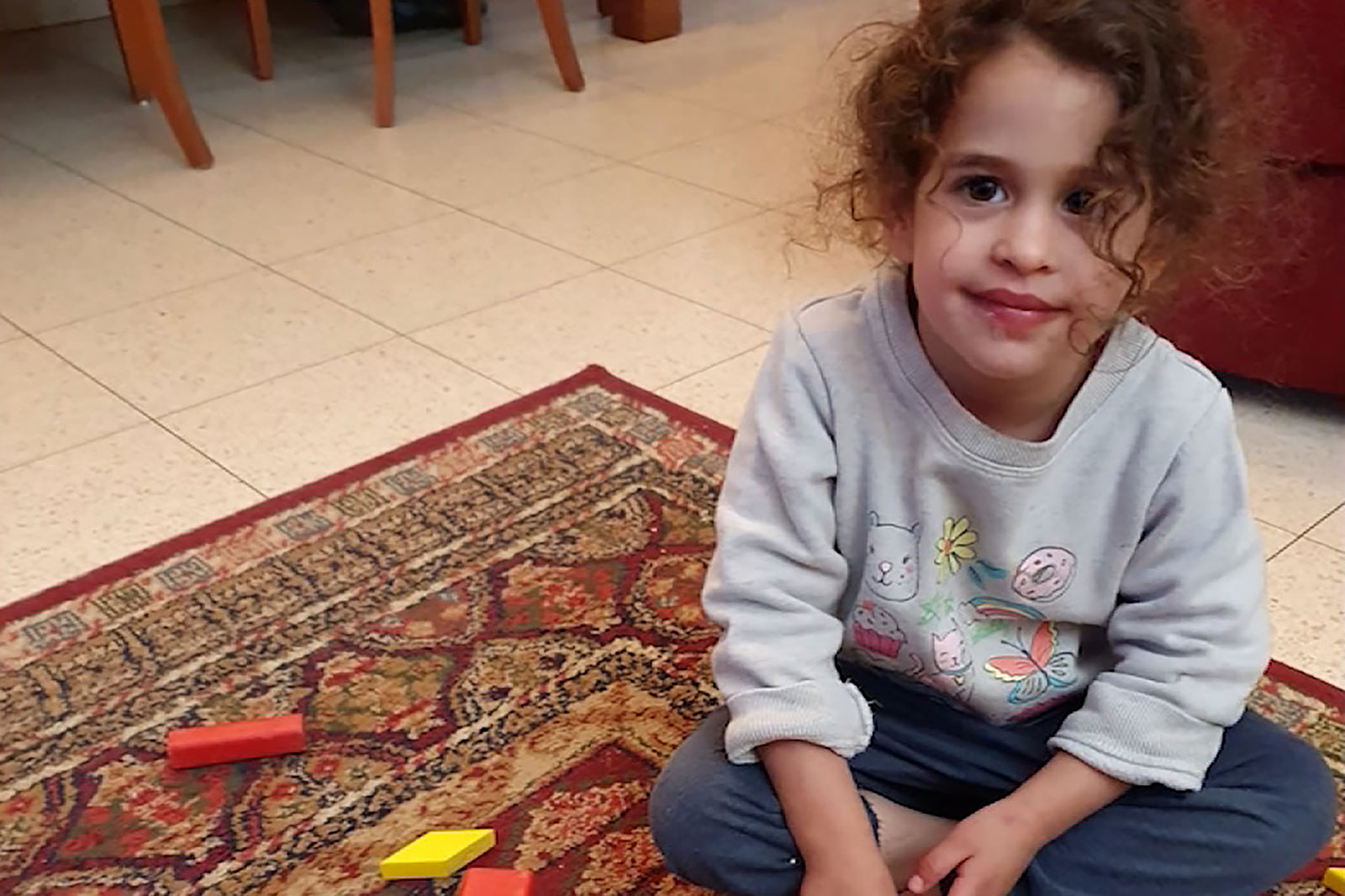
Families of American hostages in Gaza are still waiting to find out if their loved ones will be released as part of the deal that has been secured.
Among them are the relatives of 3-year-old Abigail Edan, the youngest American hostage, whose parents were killed by Hamas.
Her great aunt, Liz Hirsh Naftali, described the wait as excruciating.
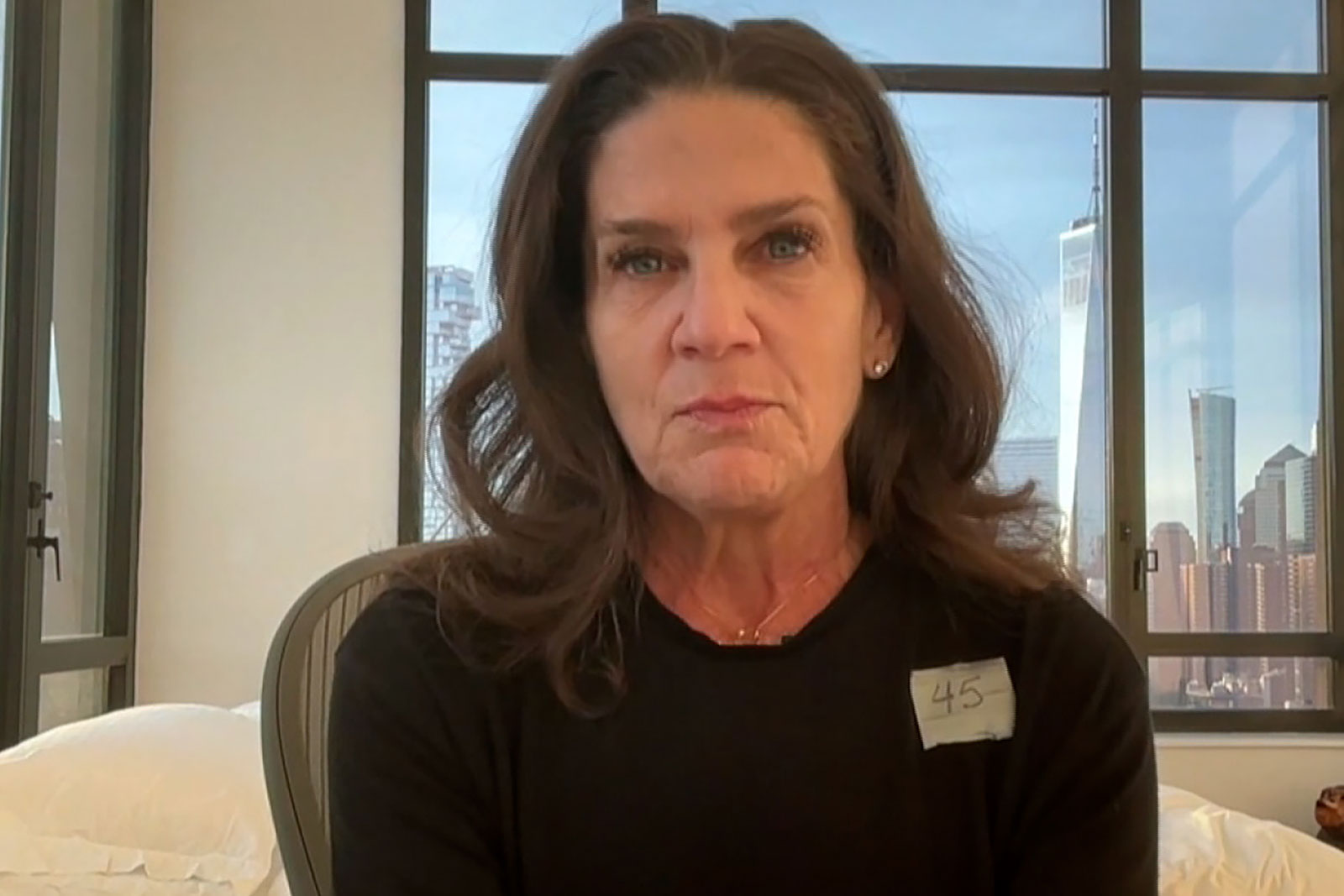
“For our family, we have spent the last seven weeks ... worrying, wondering, praying, hoping,” she told CNN Tuesday night.
Abigail has a 6-year-old sister and 10-year-old brother, who both saw their parents being murdered during brutal October 7 Hamas attacks on Israel, Naftali said. The two younger siblings hid in a closet for 14 hours, she said.
The family is holding on to hope that Abigail will be one of the first to be released.
“The one thing that we all hold on to is that hope now that Abigail comes home, she comes home by Friday,” Naftali said. “Friday is her 4th birthday. We need to see Abigail come out and then we will be able to believe it.”
Israeli cabinet met for 6 hours before approving hostage deal, official says
From Jeremy Diamond and Mike Schwartz in Sderot
The Israeli cabinet meeting to discuss the hostage release deal lasted about six hours – and topics ranged from the morality of the proposed deal to its battlefield implications, an Israeli official told CNN’s Jeremy Diamond.
“The cabinet meeting did grow tense and emotional at times, but ended with the government overwhelmingly approving the deal,” the official said.
Another government official, Gal Hirsch, told CNN that far-right Finance Minister Bezalel Smotrich, who had previously voiced concerns about the deal, ended up supporting it.
Only two people voted against the agreement, including far-right National Security Minister Itamar Ben-Gvir.
Hirsch, who acts as a hostage coordinator for Israel, said he had told the hostages’ families early Wednesday the government "will do everything to bring all the hostages back home.”
The timeline for the first hostages to cross into Israel was still unclear, he added.
What the deal entails: The agreement would see the release of at least 50 hostages in Gaza, women and children, in exchange for a four-day pause in Israel's air and ground assault on the enclave, according to the Israeli government.
The deal will also include the release of 150 Palestinian prisoners — women and children — held in Israeli jails, according to a Hamas statement. It would also allow the entry of hundreds of trucks carrying aid relief, medical supplies and fuel to Gaza.
Inside the painstaking negotiations between Israel, Hamas, the US and Qatar to free 50 hostages
From CNN's MJ Lee, Betsy Klein and Jennifer Hansler
Israeli Prime Minister Benjamin Netanyahu grabbed Brett McGurk’s arm as he walked out of a tense meeting of the Israeli Cabinet over securing the release of hostages Hamas was holding in Gaza.
Earlier that day, Netanyahu and President Joe Biden had agreed over the phone that they were ready to accept the broad contours of a deal for Hamas to release 50 women and children who were being held hostage.
A major breakthrough had come two days earlier on November 12. Hamas – after refusing for days – had relented in offering identifying information about several dozen hostages, such as their age, gender and nationalities. The information confirmed that numerous children and toddlers had been taken captive on October 7.
Even though Israel and the US believed there were more than 50 women and children hostages, both sides agreed that they needed to move ahead with securing the release of those 50 – and hope that the deal might incentivize Hamas to release more after the initial group.
But hours after McGurk’s meeting with Netanyahu, everything went dark.
Read the full breakdown of how the hostage deal was reached.